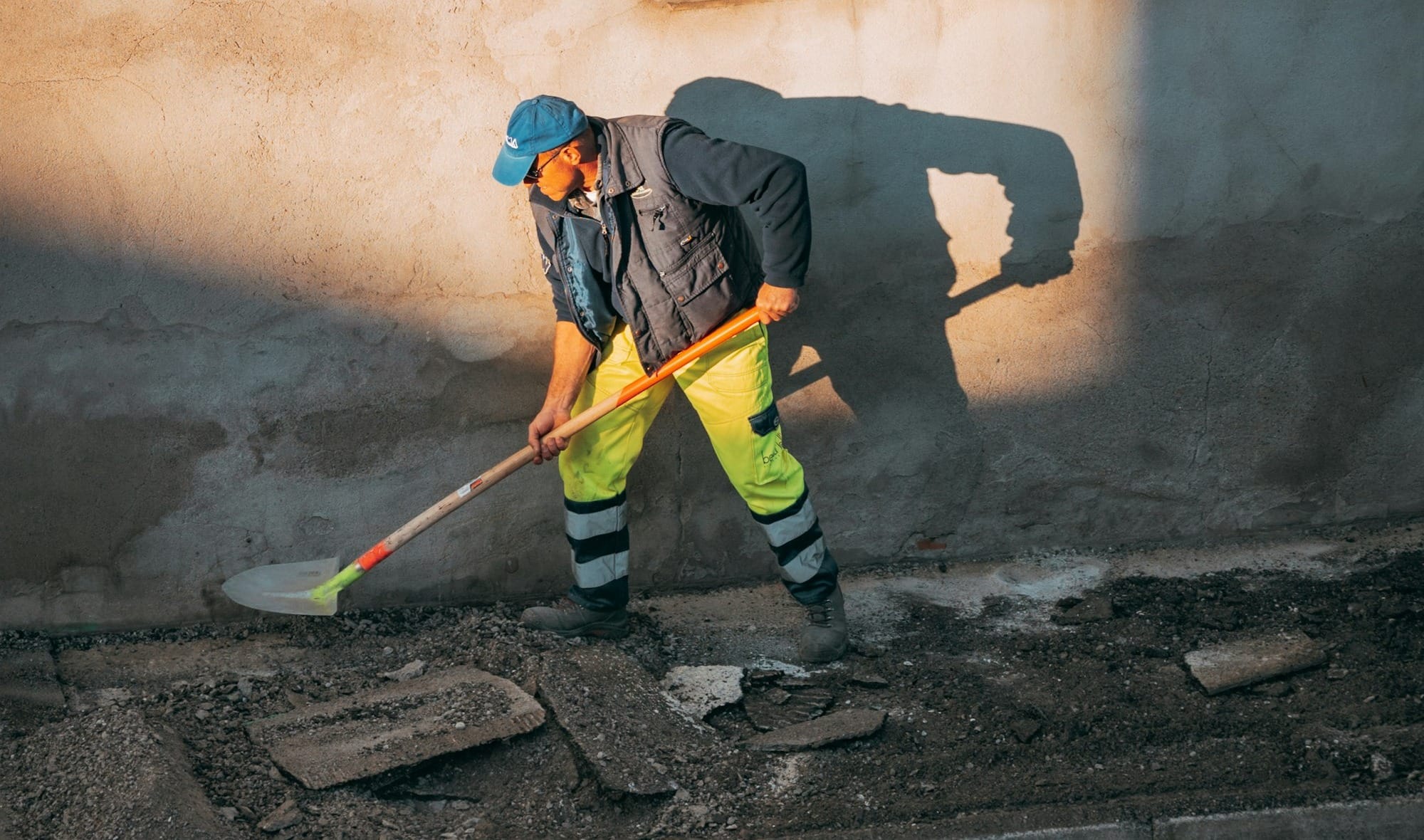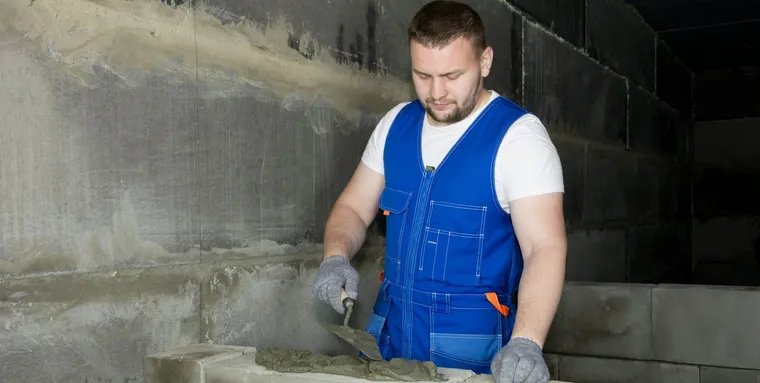Effective concrete repair can prevent extensive structural damage and enhance the durability of your property. It involves timely identification and addressing of visible issues.
Introduction to Concrete Repair Jobs
Concrete repair jobs are essential for maintaining the structural integrity and aesthetic appeal of various constructions, from residential properties to commercial complexes. Over time, concrete can suffer from wear and tear due to weather conditions, heavy loads, or improper installation. Repairing damaged concrete not only prevents potential safety hazards but also extends the lifespan of the structure, making it a crucial aspect of building maintenance.
Whether it's filling cracks, patching up potholes, or reinforcing weakened areas, concrete repair requires a thorough understanding of the material and the best practices to fix it effectively. Different repair techniques and materials may be used depending on the severity of the damage and specific project needs. By addressing concrete issues promptly, you can avoid more extensive repairs in the future, saving both time and money.
The average salary for concrete repair professionals can vary significantly based on factors like experience, certification, and the complexity of the job. Generally, concrete repair workers can expect to earn between $40,000 and $60,000 per year. Those with advanced skills in specialized techniques, such as epoxy injections or working on major structural repairs, may earn upwards of $70,000 or more annually, reflecting their expertise and the critical nature of their work. The earnings therefore can be higher than $70,000 as well.

Safety Gear and Precautions
When undertaking concrete repair jobs, wearing the appropriate safety gear is non-negotiable. Essential items include safety glasses to protect your eyes from dust and debris, sturdy gloves to safeguard your hands, and durable work boots with non-slip soles to prevent falls. Respirators or masks are also crucial, especially when working with concrete dust or chemicals that could harm your respiratory system. Additionally, long sleeves and pants are recommended to shield your skin from potential hazards.
Precautions go hand in hand with safety gear. Before starting any repair, ensure the area is well-ventilated and free from excessive moisture which can make surfaces slippery. It's vital to use tools and equipment correctly; for instance, always handling chemical products in accordance with the manufacturer's instructions. Regularly inspecting and maintaining your tools will prevent unexpected failures that could lead to injuries. Establishing a clean, organized worksite and being vigilant about your surroundings can make all the difference in maintaining a safe working environment.
Training and Certification for Concrete Repair Professionals
Becoming proficient in concrete repair demands a solid foundation in both theory and practical skills. Aspiring professionals should seek out accredited programs that offer comprehensive training, including hands-on practice with the latest tools and technologies. These courses typically cover a wide range of topics, from understanding different types of concrete and their respective deterioration patterns to mastering the various techniques used for repair and maintenance. The aim is to equip you with the necessary knowledge and skills to tackle any concrete-related issue confidently and effectively.
Certification is another essential aspect of becoming a distinguished concrete repair professional. Various organizations, such as the American Concrete Institute (ACI) and the International Concrete Repair Institute (ICRI), offer certifications that validate your expertise and commitment to industry standards. These credentials often require passing rigorous exams and demonstrating competency in real-world scenarios. Holding such certifications not only enhances your credibility but also opens doors to better job opportunities and projects.
